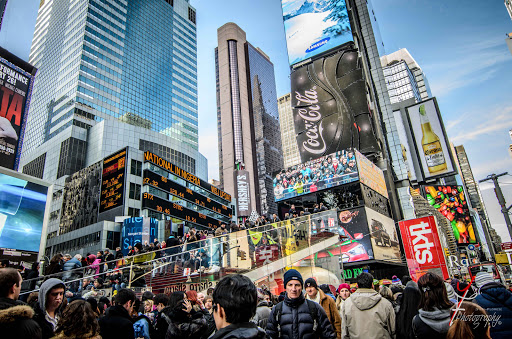Sssshhhhh. Can you hear the silence? It’s there, hanging sweetly in the air, like the most wonderful scent you’ve ever known. It comes and goes, and if you’re lucky, you can catch it at the just the right moment. Sometimes you think you’ve got it, but then you become aware of some background noise … the refrigerator, maybe, or the furnace in the basement. Sometimes a barking dog steals it away, or a distant siren, or the click-clack of heels on tile. Then, just for the briefest moment, it returns, only to dissolve again into the aural farrago of modern life.
The Season of Advent is, or at least ought to be, characterized by a profound silence. Our Lord commands us to “be watchful,” and we know that the best sentinels are those who observe in silence, which is why you won’t find much chatter on a combat listening post or a prison guard tower.
Advent also calls us to silence because it is a time of deep identification with the voiceless: the poor, the oppressed, the lonely, and the desperate. During Advent, we share in their soundless cry for a savior. “O shepherd of Israel, hearken, from your throne upon the cherubim, shine forth. Rouse your power, and come to save us,” writes the Psalmist.
Fortunately, Catholics do silence like no one else except, perhaps, Quakers. There is the silence before Mass, the silence following the readings and the homily, the silence of those precious moments after weekday communion, when we kneel or sit with tummies full of Christ, dreading the inevitable words, "let us pray,” which herald our return to the world outside, the world of sound and sorrow.
Adorers of the Blessed Sacrament know that there is no silence as profound as that discovered before a monstrance, when we look at Him and He looks back at us, a wordless communion with the Word. There’s the silence while waiting in line for Confession, when our focused minds fortify our sagging wills. Or the silence of a weekend retreat, passing others and exchanging only smiles, soap-smells and the whisper of brushing fabric.
The Catholic appetite for silence is intimately related to the inner life of the Trinity itself. In “Alone With The Alone,” Father John Maloney, SJ, writes of the role silence plays at the heart of the Mystery of Mysteries:
Later, Father Maloney connects the silence at the heart of the divine trialogue to our own intimate communion with the Godhead: “Silence is the language of deeper, infused prayer that the Holy Spirit gives to God’s poor children who hunger and thirst for his word. Ultimately it is the ability to live in mystery. For those who enter into this mystery, there is real communication, deep love, full healing and maturity. But how few are ready to pay the price to enter deeply into mystery and stay there. Prayer is a mystery; silence is its language.”
Because it is a “place” or a “substance” where the searching heart meets God in an exchange of intimacies, silence can and should be seen as a sacramental mystery in itself. It is an accelerant, enlivening the grace received in the Sacraments, and especially in the Eucharist. Indeed, in those times when we are conscious of our deepest communion with the Eucharistic Lord, we cannot help but be simultaneously aware of entering into the great Silence at the heart of our very being, that place where we most closely image the Trinity itself, the soul. As the poet Longfellow wrote,
An inward stillness and an inward healing;
That perfect silence where the lips and heart
Are still, and we no longer entertain
Our own imperfect thoughts and vain opinions,
But God alone speaks in us, and we wait
In singleness of heart, that we may know
His will, and in silence of our spirits,
That we may do His will and do that only.
We inhabit in a soundscape more cluttered and depressing than any people who has ever lived. From blaring media and machinery to the cacophony of our political discourse and the thrumming background echo of social disintegration. We look for our savior to appear, but unless we wait in silence we risk missing his appearance. The spiritual genius of Advent is that the Church has cleared a sweet space in which we can wait for him. Let’s enter into it with expectant and silent hope.
Mark Gordon
is a partner at PathTree, a consulting firm focused on organizational resilience and strategy. He also serves as president of both the Society of St. Vincent de Paul, Diocese of Providence, and a local homeless shelter and soup kitchen. Mark is the author of Forty Days, Forty Graces: Essays By a Grateful Pilgrim. He and his wife Camila have been married for 31 years and they have two adult children.

